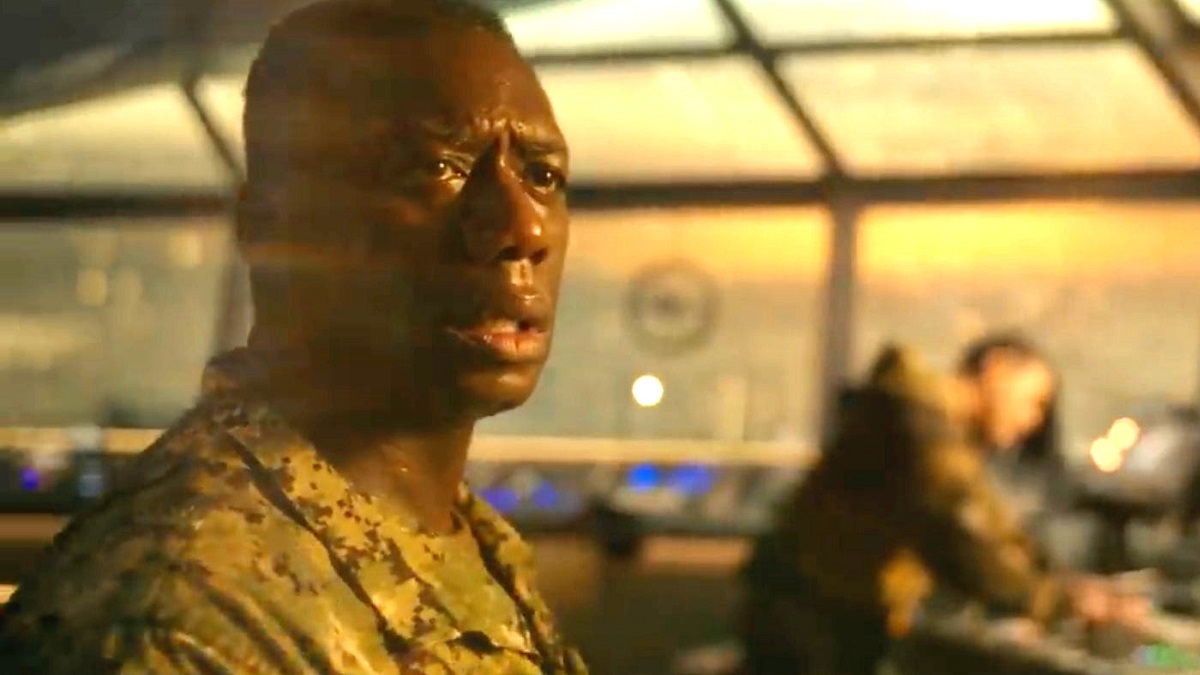Outside of the Marvel Cinematic Universe and the DCEU (Justice League‘s theatrical edition notwithstanding), blockbuster crossovers have largely tended to be terrible affairs that can’t disguise the fact they exist in an effort to try and squeeze every last drop of earning potential out of a tiring IP – although Godzilla vs. Kong was a rare and exceedingly entertaining exception.
Alien vs. Predator was forgettable, and its sequel was significantly worse, while even the people involved in Batman v Superman: Dawn of Justice weren’t too keen on the version that hit theaters, and that’s without mentioning Freddy vs. Jason, The Mummy‘s cack-handed attempts to establish Russell Crowe’s Dr. Jekyll as the Nick Fury of the Dark Universe, or the two-hour advertisement for Warner Bros. that was Space Jam: A New Legacy.

You’d think it would be fairly straightforward to craft a $200 million epic built entirely on having two of cinema’s most iconic monsters beat the sh*t out of each other, but Adam Wingard’s Godzilla vs. Kong endured a turbulent production that encompassed poor test screenings, extensive reshoots, substantial delays, and even a pandemic before it came to theaters.
One of 2020’s few box office success stories, the clash of Titans cobbled together $470 million from COVID-stricken theaters, while respective Rotten Tomatoes scores of 75 and 91 percent from critics and audiences indicated the people got exactly what they wanted out of it. Streaming subscribers are the latest to benefit, with WB’s monster mash making gains on Netflix.
Per FlixPatrol, Godzilla vs. Kong has been laying waste to the platform’s global rankings, and while it’s technically not a horror flick, the prospect of gigantic beasts doing battle has proven to be enough of a lure for paying customers ahead of Halloween.

